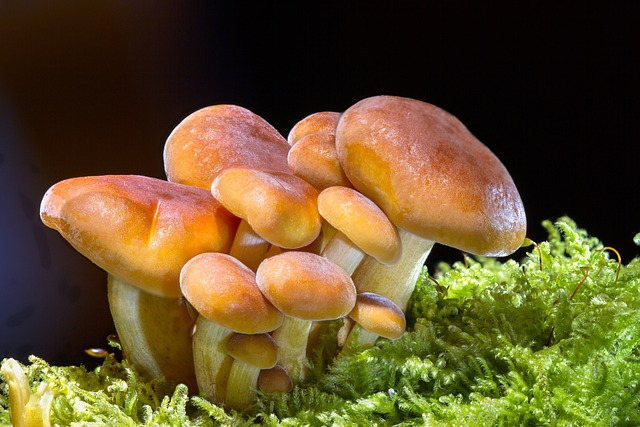The Science of Probiotics: How Tiny Bacteria Can Have a Huge Impact on Your Gut Health
Probiotics have been a growing area of interest in recent years as more people search for ways to improve their overall health. But what exactly are probiotics, and how do they work? Probiotics are live bacteria and yeasts that are good for your health, especially your digestive system.
While it may seem counterintuitive to actively consume bacteria, research has shown that the right types of bacteria can have a significant impact on our gut health. In fact, our gut is home to trillions of bacteria that exist in a delicate balance, playing a crucial role in our overall wellbeing.
How Do Probiotics Work?
The main function of probiotics is to restore and maintain a healthy balance of bacteria in the gut. This is important because when our gut bacteria are out of balance, it can lead to a host of health problems such as digestive issues, immune system disorders, and even mental health problems.
By introducing beneficial bacteria into our gut through probiotics, we can support the growth and dominance of these good bacteria, which can help to crowd out harmful bacteria and restore a healthy balance.
Probiotics also play a role in supporting gut function by improving the intestinal barrier, reducing inflammation, and producing essential nutrients such as vitamins K and B12. Additionally, probiotics are thought to have a positive impact on our immune system, helping to reduce the risk of infections and allergies.
Types of Probiotics
Not all probiotics are created equal. There are several different types of bacteria that fall into the category of probiotics, each with their own unique benefits.
Lactobacillus
Lactobacillus is perhaps the most well-known type of probiotic, and is commonly found in fermented foods such as yogurt and kefir. This type of bacteria has been shown to improve symptoms of diarrhea, lactose intolerance, and irritable bowel syndrome (IBS).
Bifidobacterium
Bifidobacterium is another type of probiotic that is commonly found in the gut. This type of bacteria is particularly beneficial for improving gut health in infants and children, and has been shown to improve symptoms of diarrhea, constipation, and IBS in adults.
Streptococcus
While Streptococcus may be better known for causing infections, certain strains of this bacteria can be beneficial when consumed as probiotics. Streptococcus thermophilus, for example, is commonly found in fermented dairy products and has been shown to improve digestion and support immune function.
Sources of Probiotics
Probiotics can be found in a variety of foods and supplements. Some of the most common sources of probiotics include:
- Yogurt
- Kefir
- Sauerkraut
- Kombucha
- Miso
- Kimchi
- Tempeh
It’s worth noting that while many commercially available products claim to contain probiotics, not all of them will be effective. To ensure that you are getting a sufficient amount of beneficial bacteria, look for products that have been specifically formulated with probiotics and have been tested for potency.
The Bottom Line
Probiotics have been shown to have a significant impact on our gut health and overall wellbeing. By promoting the growth and dominance of beneficial bacteria in the gut, probiotics can help to restore balance and improve digestive function, immune health, and even mental health. While probiotics can be found in a variety of foods and supplements, it’s important to choose products that have been specifically formulated and tested for potency to ensure effectiveness.







